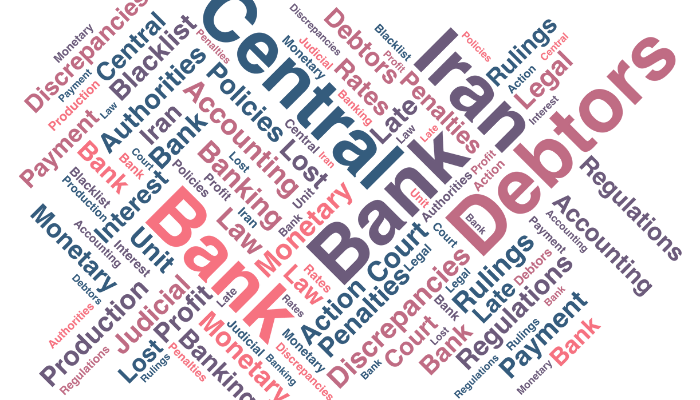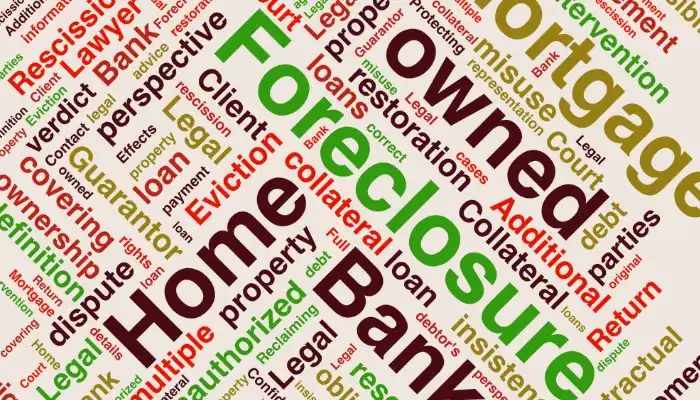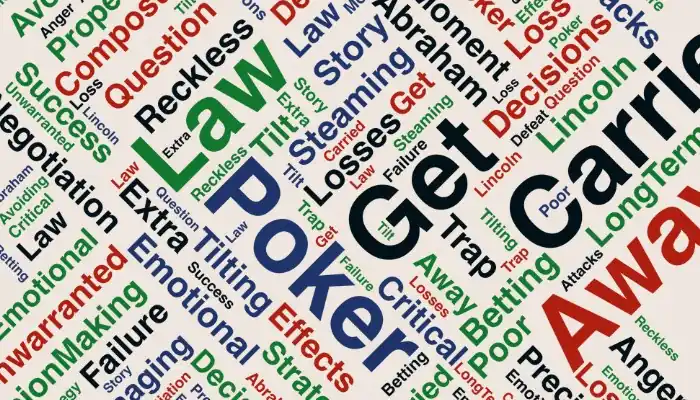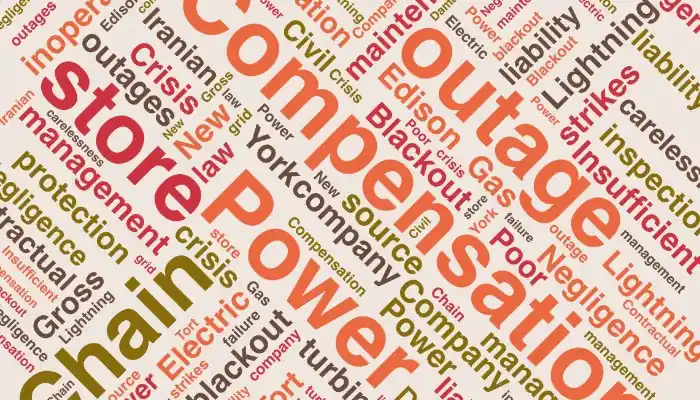According to Articles 10, 11, 14, and 37 of the Monetary and Banking Law of Iran with subsequent amendments, Article 20 of the Law on Usury-Free Banking Operations with later amendments, and the single article of the Law on Establishment of Non-Governmental Banks, along with Unified Verdicts Nos. 794 and 805 of the General Assembly of the Supreme Court of Iran, the Central Bank of the Islamic Republic of Iran is the regulator of the country’s monetary and credit system and oversees its proper implementation. Additionally, monetary and banking policies and the resolutions of the Central Bank are mandatory rules related to public order, and any interest rates and penalties for late payment beyond these resolutions are null and void.
Court and Administrative Justice Tribunal rulings indicate that some banks, both state-owned and private, do not comply with monetary and banking regulations in calculating interest and penalties for late payments. This has led to accounting disputes between banks and producers, and according to the existing laws, the only way to resolve these conflicts and achieve justice is through judicial authorities. However, the problem arises when producers approach the judiciary: despite having sufficient collateral, banks register the producer’s name and their guarantors on the list of bank debtors until a judicial verdict is issued and finalized (which generally takes about a year). This action deprives the production unit and its guarantors of all banking services, which alone can lead to the shutdown and destruction of the indebted production unit.
Some consider the bank’s action to be in accordance with regulations and argue that if a court ruling is issued against the bank, the affected production unit can re-approach the court to claim damages resulting from being deprived of banking services. However, the next problem is that the damages caused by depriving the loan recipient of banking services, such as the deprivation of the recipient and their guarantors from receiving new facilities and opening letters of credit, deprivation of having checkbooks, and similar issues, all fall under the category of “lost profit” damages, which cannot be claimed under the legal system of Iran.
In the present case, the bank’s action against the client, which involved including the client’s name and his guarantors in the list of bank debtors (the Central Bank’s blacklist), contradicts monetary regulations related to production policies and the removal of production obstacles, as well as Article 40 of the Constitution, which states that “no one can exercise their right in a way that harms others or violates public interests.” It also contradicts the Islamic jurisprudence principles of “No Harm” (La Dharar) and “Prohibition of System Disruption.” Therefore, to support production and prevent the bank from abusing its rights in collecting claims and its negative consequences, a proper legal action was necessary.
Summary of Issues and Problems between the Client and the Bank:
Failure to comply with monetary and banking regulations in the calculations related to interest and late payment penalties has led to accounting discrepancies between the bank and the client, who is a producer. As a result of this discrepancy, the client’s and their guarantors’ names have been listed on the bank debtor list (the Central Bank’s blacklist), which has led to their deprivation of banking services.
Given Iran’s legal system, if the client’s legitimacy is proven in the judiciary, it is impossible to claim damages related to lost profit. Therefore, it was necessary to remove the imposed deprivations.
Solution and Outcome of Actions:
In case number 140068920006784645, presented in one of the branches of the Public Civil Court of the Martyr Beheshti Judicial Complex in Tehran, in order to prevent irreparable banking damages to the client, the respected court was requested to issue a temporary order to prevent the imposition of the restrictions specified in paragraphs 2, 3, and 4 of Article 11 of the Executive Regulations for the Collection of Non-Performing Credit Claims (Rial and Foreign Currency), approved on September 1, 2015, by the Money and Credit Council, based on the jurisprudential principles of “No Harm” (La Dharar) and “Prohibition of System Disruption,” and Article 40 of the Constitution. Fortunately, this led to the issuance of verdict number 140168390001683718.





